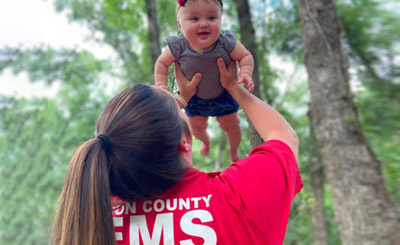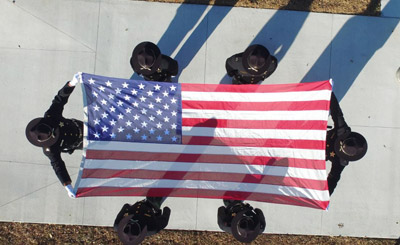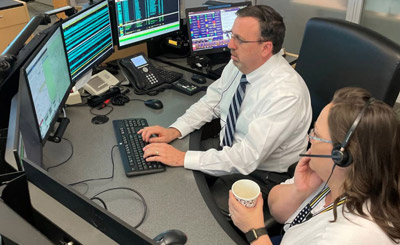
Education, Peer Support, Navigation, Capacity Building
from Recruitment to Retirement
The 2nd Alarm Project® is a nonprofit organization that offers comprehensive, evidence-based resiliency programs and services to support the mental health of first responders. What began in 2019 after Hurricane Michael as a SAMHSA grant to support NW Florida fire service members has grown to serve as a comprehensive resource for first responders and their families throughout the state of Florida and beyond.
Who We Serve:




“Thank you for the 2nd Alarm Project. This service will help save lives.”
“I was able to get an initial appointment quickly and have been able to meet with my clinician weekly, without scheduling conflicts. Truly grateful!”
“The help I have received has been wonderful!”
“You have someone that knows what is going on and actually cares. I know there are people that are struggling worse than I am, which makes it hard to ask for help. You make it feel like it is okay to reach out and that it doesn't make me weak.”
“Everything was absolutely fantastic. Very timely response and great information. I was very hesitant to use this at first but I am so glad I did. Once again thank you all for everything.”
“Knowing there is a person that you can text or call any time makes a big difference. Knowing that I could call you at 8 PM while I was having a panic attack...and you were there and answered... it made me feel like this project actually has people that are there for you at the drop of a hat and that care about you.”
Photo Credit: JJ Cassetta @firedeptshutterbug
We heard you! The 2nd Alarm Project seeks to address the most common barriers to accessing care reported by first responders in our area, including:
41% of first responders reported wanting to solve the problem on their own
37% thought the problem would get better by itself
35% reported feeling embarrassed or ashamed
34% reported not wanting a mental health problem on their medical records
32% reported concerns they might be seen as weak for having a mental health problem or that people they know would find out
24% reported not being able to afford financial costs involved
22% were unsure of where to get professional care
20% reported they would rather seek care from peers
14% had previous bad experiences with professional care
23% of first responders reported PTSD.
77% of first responders reported symptoms of depression.
37% of first responders self-reported harmful substance abuse.
15% of first responders have contemplated suicide.
85% of first responders believe peer support is a useful resource.
© 2025 2nd Alarm Project